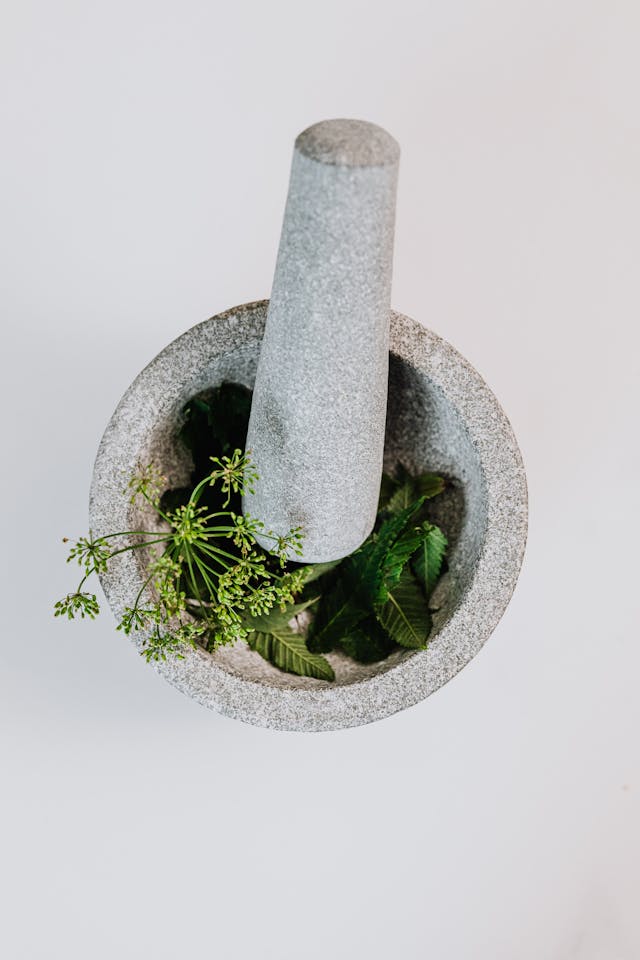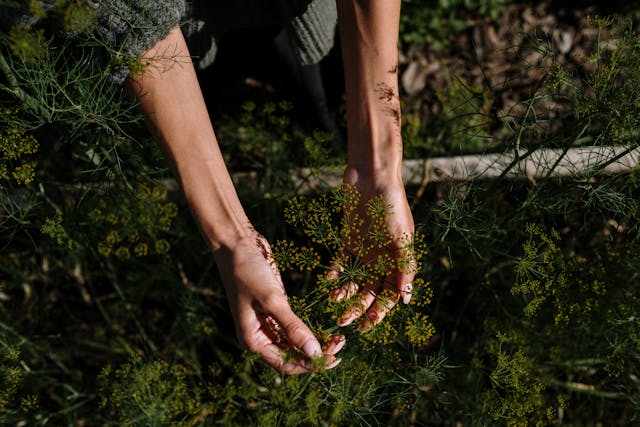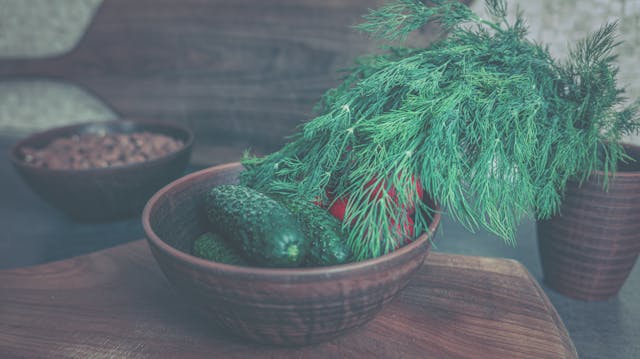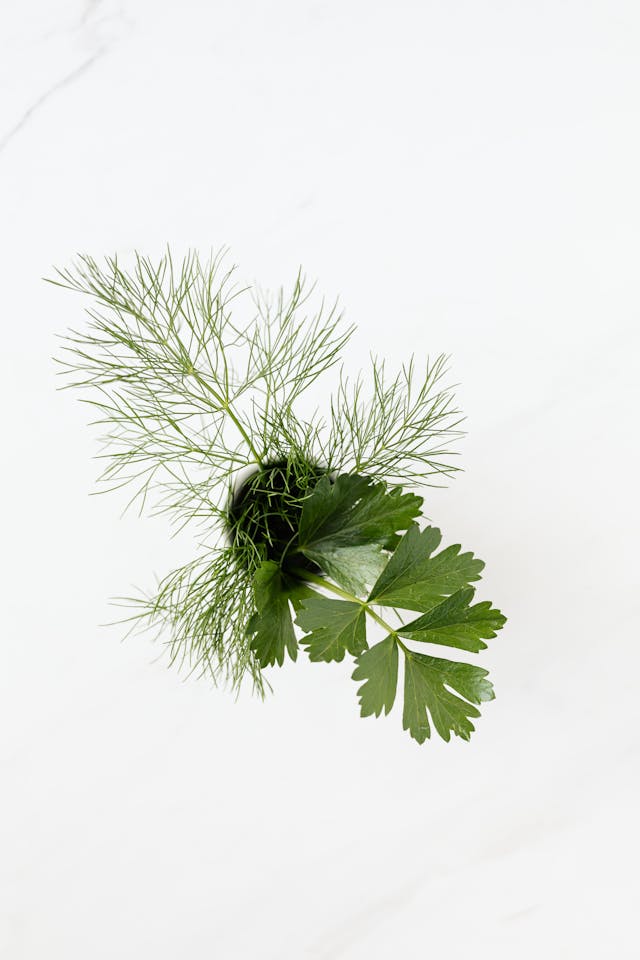Dill, with its feathery green leaves and distinct aroma, is a versatile and flavorful herb that deserves a spot in every garden and kitchen. This herb, scientifically known as Anethum graveolens, not only enhances a variety of dishes but also offers numerous health benefits, making it a valuable addition to your diet and wellness routine.
The culinary uses of dill are extensive and varied. Its fresh, slightly tangy taste makes it a perfect companion for fish, particularly salmon, and it is an essential ingredient in many Scandinavian and Eastern European recipes. Dill is also widely used in pickling, lending its unique flavor to dill pickles, which are a favorite snack and condiment. Salads, soups, and sauces can all benefit from a sprinkle of fresh dill, adding a burst of freshness that elevates the overall flavor profile of the dish.

Health-wise, dill is a powerhouse. It contains significant amounts of vitamins A and C, both of which are essential for maintaining a healthy immune system and good vision. Additionally, dill provides dietary fibre, which is important for digestive health. The herb also has antioxidant properties, which help combat free radicals in the body, reducing oxidative stress and potentially lowering the risk of chronic diseases. Moreover, dill has been traditionally used to aid digestion and alleviate bloating and gas, making it a soothing choice for those with digestive issues.
Growing dill is relatively easy, making it a great choice for both seasoned gardeners and beginners. In the UK, dill thrives in well-drained soil and a sunny location. It is best sown directly into the ground from late April to early June, as it does not transplant well due to its long taproot. Dill seeds should be sown thinly and covered with a light layer of soil. Regular watering is important, especially during dry periods, but be careful not to overwater, as dill does not like waterlogged conditions. Dill plants can reach up to 90 cm in height, so providing some support or shelter from strong winds is beneficial. Harvesting can begin once the plants are large enough to provide some leaves without affecting overall growth. The seeds, which are also edible, can be collected once the flower heads have dried.

Historically, dill has a rich heritage. It was used by the ancient Egyptians as a medicinal herb and by the Greeks and Romans in their culinary practices. During the Middle Ages, dill was believed to have protective properties and was used in spells and charms. Its use in traditional medicine spans cultures and centuries, highlighting its longstanding value as both a culinary and medicinal herb.
Incorporating dill into your diet can contribute to overall health and wellness. Its natural compounds, such as flavonoids and terpenoids, have been studied for their potential anti-inflammatory and antimicrobial effects. These properties can help bolster your immune system and protect against infections.

Dill is an herb that offers a multitude of benefits. Its ease of growth makes it accessible to many, even those new to gardening. Its rich history and wide range of uses in cooking and medicine make it a timeless addition to any home. Whether you’re looking to spice up your meals or boost your health, dill is a delightful and valuable herb to embrace. So why not plant some dill in your garden this season and enjoy the myriad benefits it brings?

